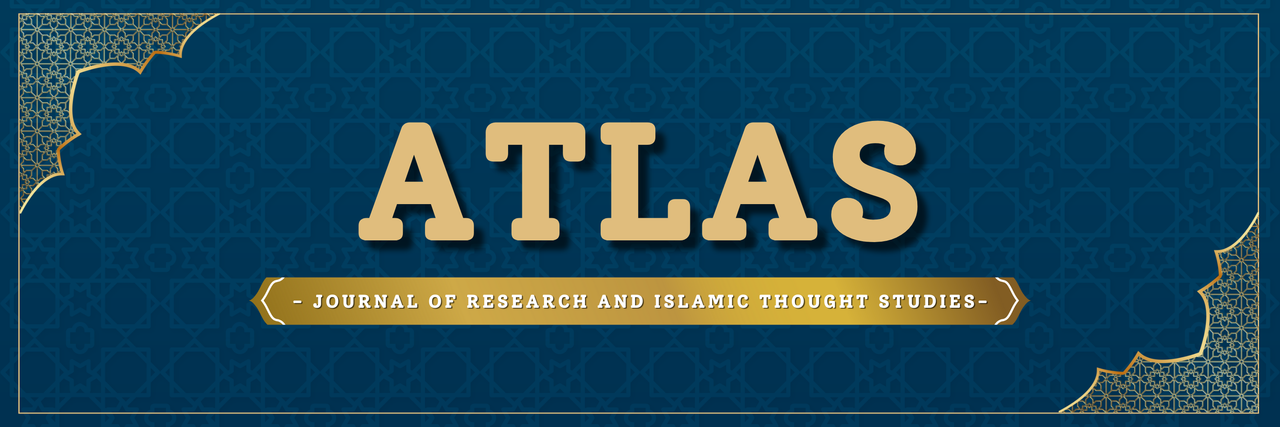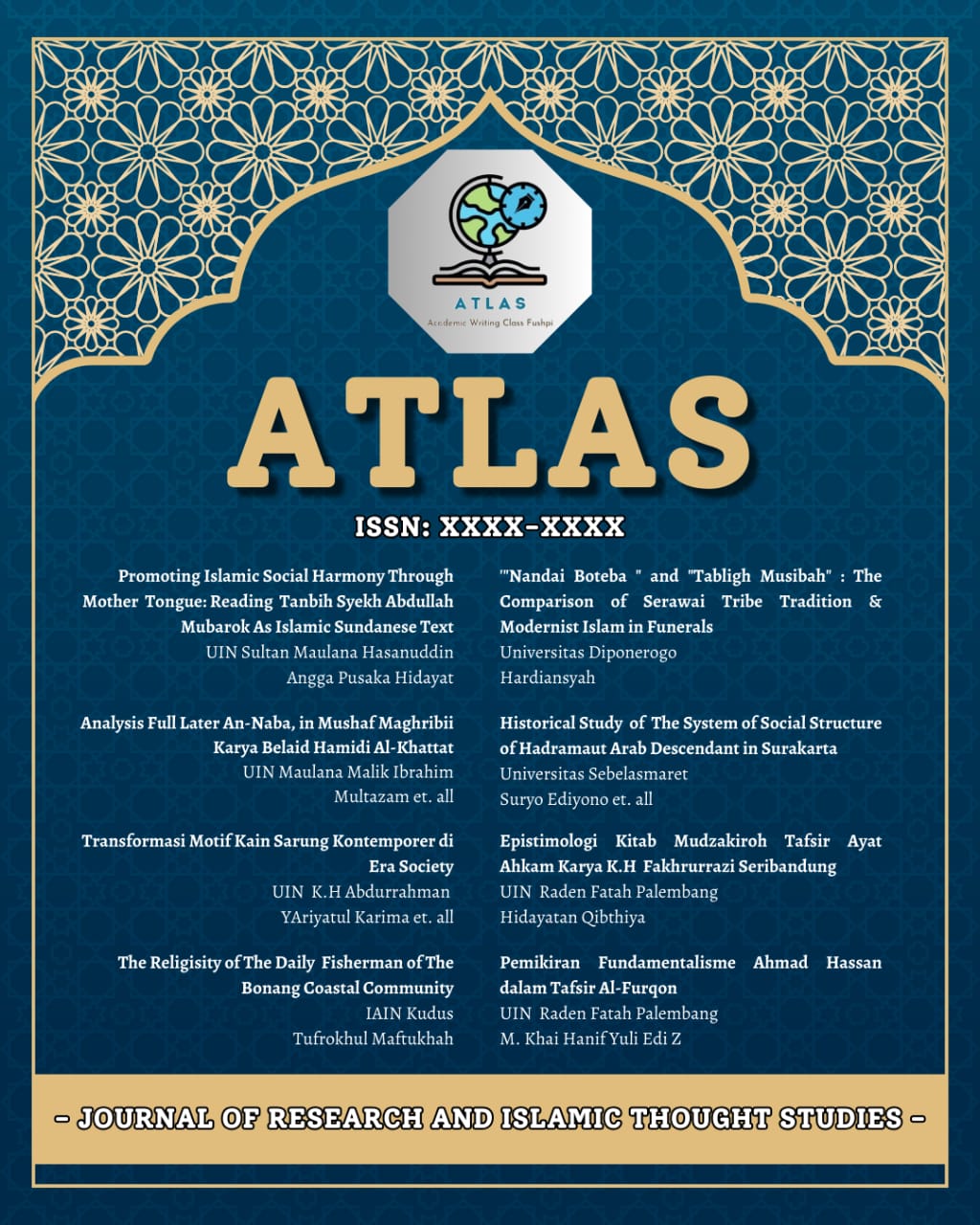“Nandai Boteba” and “Tabligh Musibah” : The Comparison of Serawai Tribe Tradition & Modernist Islam in Funerals Ceremony
Main Article Content
Abstract
This study examines the comparison between the Serawai tribe and the modernist Islamic funeral ceremony. The importance of this study relates to several elements that are similar between them. They are "Nandai Boteba" who carried out by the people of Serawai and "Tabligh Musibah" who carried out by Modernist Islamic groups. As we know, Islamic modernists are more distant from culture than accommodating it. However, the similarity in objectives and technical aspects of both like cultural legitimacy. In factual, not all cultures are diametrically opposed to the attitudes and actions of Islamic modernists. The purpose of this study is first, to see a comparison between the traditional death ceremonies of the people of Serawai and the habits who carried out by Islamic modernists in organizing the funeral, especially related to the “Tabligh Musibah”, in the story / advice that was delivered. The research method is literature study and interviews. The results of the study show that there are differences and similarities between the traditional ceremonies for the death of the Serawai tribe, both related to rituals and series of events. Apart from that, Nandai Boteba and Tabligh Musibah have similarities where the aim is to cheer up the families left behind.
Article Details

This work is licensed under a Creative Commons Attribution-ShareAlike 4.0 International License.


